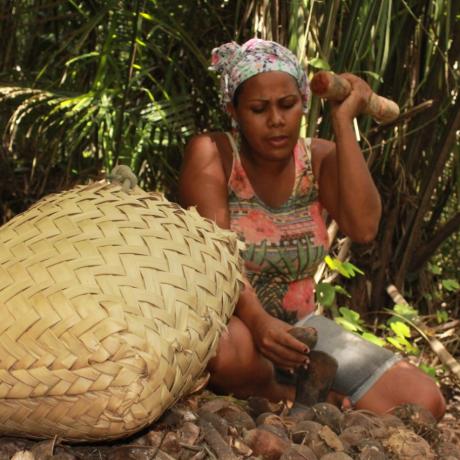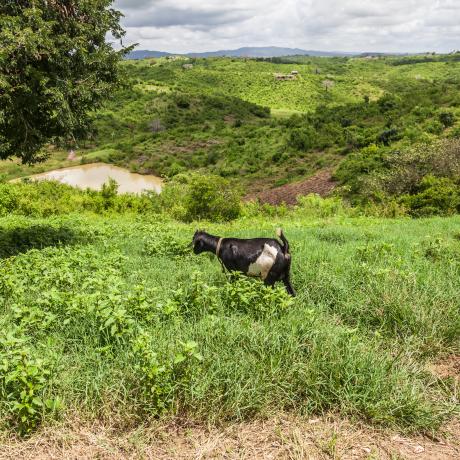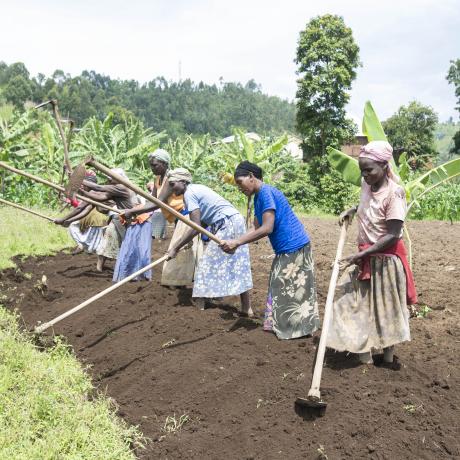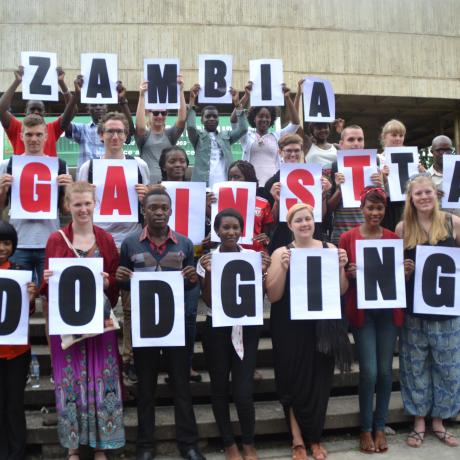Publications
Handbook for loss and damage assessment
This ActionAid publication is a guide to conducting an assessment for the loss and damage caused by climate change.
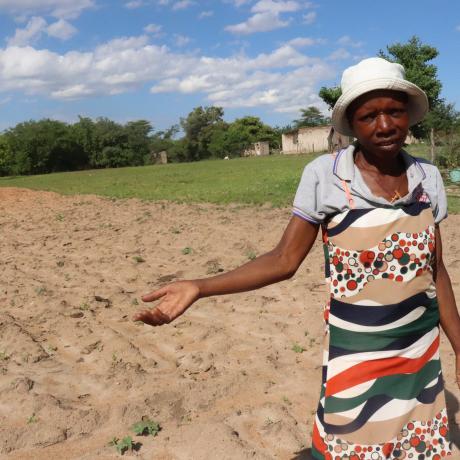
ActionAid's feminist research guidelines
This guidance note aims to support ActionAid staff and partners and those interested in how ActionAid does, or commissions, feminist research. It accompanies our ActionAid Research Signature and
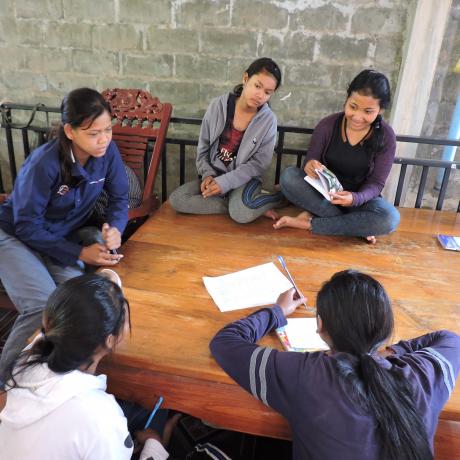
Principles for a Just Transition in Agriculture
To address the food system’s significant contribution and vulnerability to climate change, agriculture must move away from intensive and industrialised approaches towards food systems based on
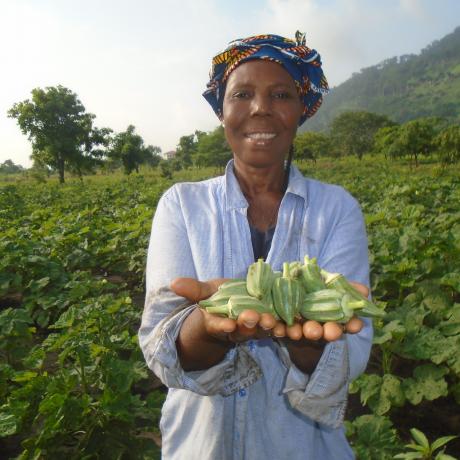
CSOs open letter to European Commission on the Farm to Fork strategy to achieve sustainable food systems
ActionAid and other civil society organisations has written to the European Commission about the 'Farm to Fork' food strategy. The letter and accompanying papers can be read on this page.
ActionAid & Global Witness briefing on investors and sustainability
The EU has adopted new rules requiring investors to be transparent about the impacts that their investments have on human rights and the environment, and to publish their due diligence policies
ActionAid contribution to the external dimension of the European Green Deal
This page outlines ActionAid's contribution to the external dimension of the European Green Deal as set out on Monday 25 November, 2019.
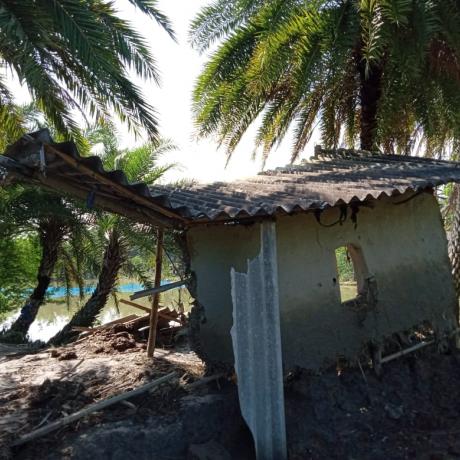
Case studies that reflect our work in the 4 International Platforms
Case studies that reflect our work in the 4 International Platforms
Attacks on Civic and Democratic Space: Strategies and Lessons from ActionAid’s Response
Attacks on civic and democratic space online
Public policies that advance or hinder rural women’s and young people’s livelihoods and climate justice for all
ActionAid seeks a major paradigm shift to tackle the global climate emergency and gender equality crisis. The discussion paper highlights the key policies that hinder and enable rural women and young
